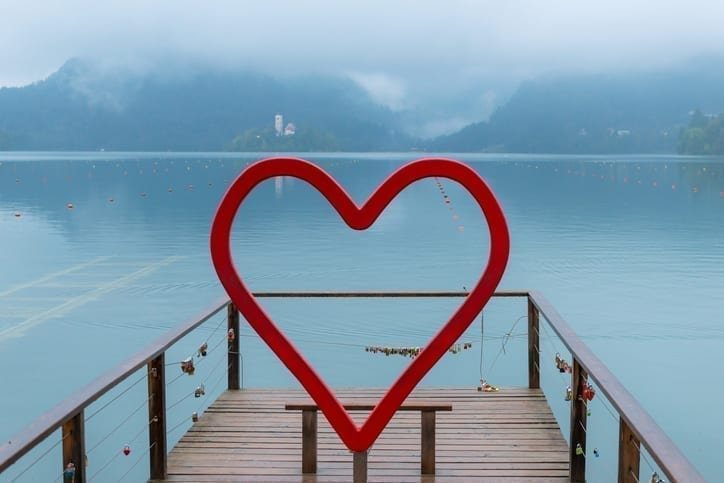In 2011, Patagonia placed an unusual Black Friday ad in The New York Times. Above a large image of its R2® Jacket ran the heading: Don’t buy this jacket.
The advert asked readers ‘to buy less and to reflect before you spend a dime on this jacket or anything else’. It detailed the eco credentials of the R2® Jacket – one of the active wear company’s best sellers – but was also transparent about the environmental impact of its manufacture.
‘To make it required 135 liters of water, enough to meet the daily needs (three glasses a day) of 45 people’, the ad stated. ‘Its journey from its origin as 60% recycled polyester to our Reno warehouse generated nearly 20 pounds of carbon dioxide, 24 times the weight of the finished product. This jacket left behind, on its way to Reno, two-thirds its weight in waste.’
The cost of clothes
The R2® Jacket is made from 60% recycled polyester, knit and sewn to a high standard. It’s exceptionally durable, so customers may never need to replace it, and when it comes to the end of its useful life Patagonia will take it back to recycle into a product of equal value.
Even with these impressive eco credentials, the advert left readers under no illusion about the cost of all the clothes we buy and wear: ‘As is true of all the things we can make and you can buy, this jacket comes with an environmental cost higher than its price.’
The advert went out long before conscious consumerism became mainstream and #BuyNothingDay gained traction, but Patagonia is an activist company that has always been a front-runner when it comes to conscious and sustainable business practices.
‘Environmental bankruptcy, as with corporate bankruptcy, can happen very slowly, then all of a sudden’, Patagonia stated in its 2011 advert. ‘This is what we face unless we slow down, then reverse the damage. We’re running short on fresh water, topsoil, fisheries, wetland—all our planet’s natural systems and resources that support business, and life, including our own.’
WORN WEAR
Patagonia’s approach to ethical business includes a promise to manufacture high-quality stuff that lasts for years, so you don’t have to buy more of it.
Its latest campaign is to help us extend the life of everything we buy: to make more of the stuff we already own and therefore cut down on consumption.
Patagonia’s Ironclad Guarantee, which comes with everything Patagonia makes, states that if you’re not satisfied with one of its products when you receive it, or if one of it doesn’t perform to your satisfaction, you can return it to the store you bought it from or to Patagonia for a repair, replacement or refund. Damage due to wear and tear is repaired at a reasonable charge.
Repairing your Patagonia gear is highly encouraged and will not void the Ironclad Guarantee.
 Play Video about This Rock Might Just Save The World
Play Video about This Rock Might Just Save The World Play Video about Play 2 hours of rock
Play Video about Play 2 hours of rock Play Video about Play 2 hours of brook
Play Video about Play 2 hours of brook Play Video about Play 2 hours of sheep
Play Video about Play 2 hours of sheep











































